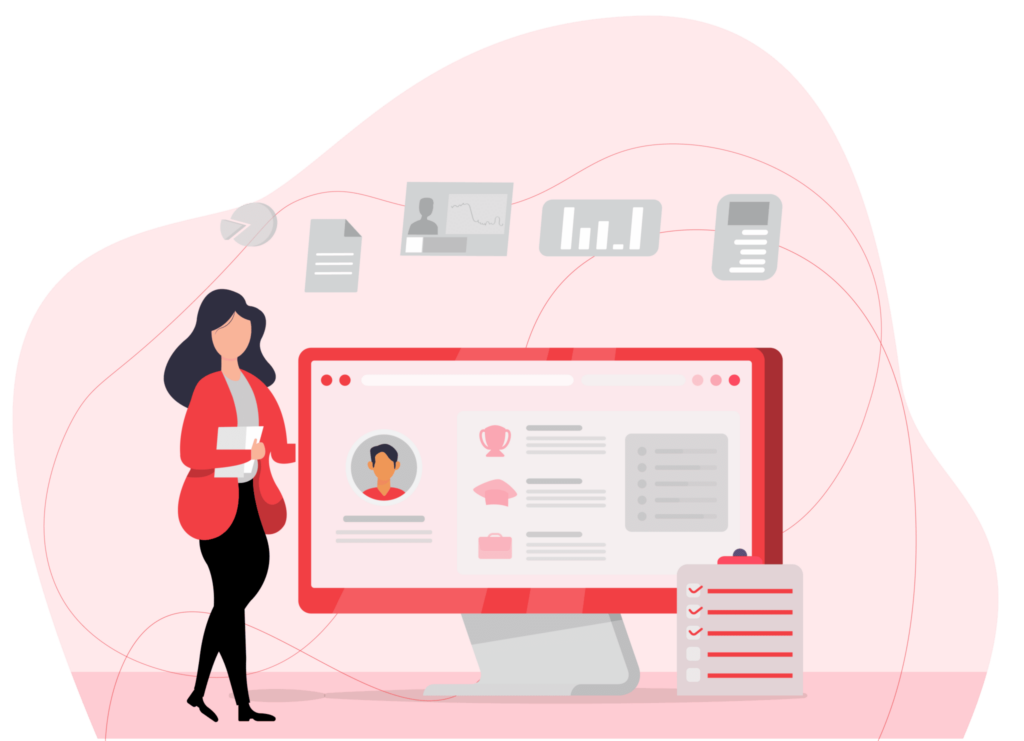Frequently asked questions (FAQs) for Frontend Developer (Enhanced) test
It’s a comprehensive evaluation designed to measure the abilities of candidates in advanced front-end development, including a wide range of topics from HTML and CSS to JavaScript and web technologies. This assessment aims to determine a candidate’s capability to produce responsive, user-friendly, and visually appealing web applications.
Incorporate the assessment as part of your screening or evaluation phase. Candidates complete the test under realistic conditions, allowing you to assess their hands-on skills and problem-solving approach. Analyze the outcomes to pinpoint candidates with the necessary technical expertise and creative thinking for your front-end development roles.
- Frontend Developer
- Frontend Engineer
- Web Developer
- Full-Stack Developer
- Mobile Web Developer
- UI Engineer
- React/Vue/Angular Developer
- Frontend Architect
- HTML
- Javascript
- CSS
- jQuery
- Web Technologies
This assessment is crucial for pinpointing candidates with the advanced front-end development skills necessary to tackle modern web application projects. It ensures that potential hires can produce high-quality web experiences that meet user expectations and advance business objectives, by evaluating their knowledge and ability to apply key technologies and principles in creating efficient and scalable web applications.



